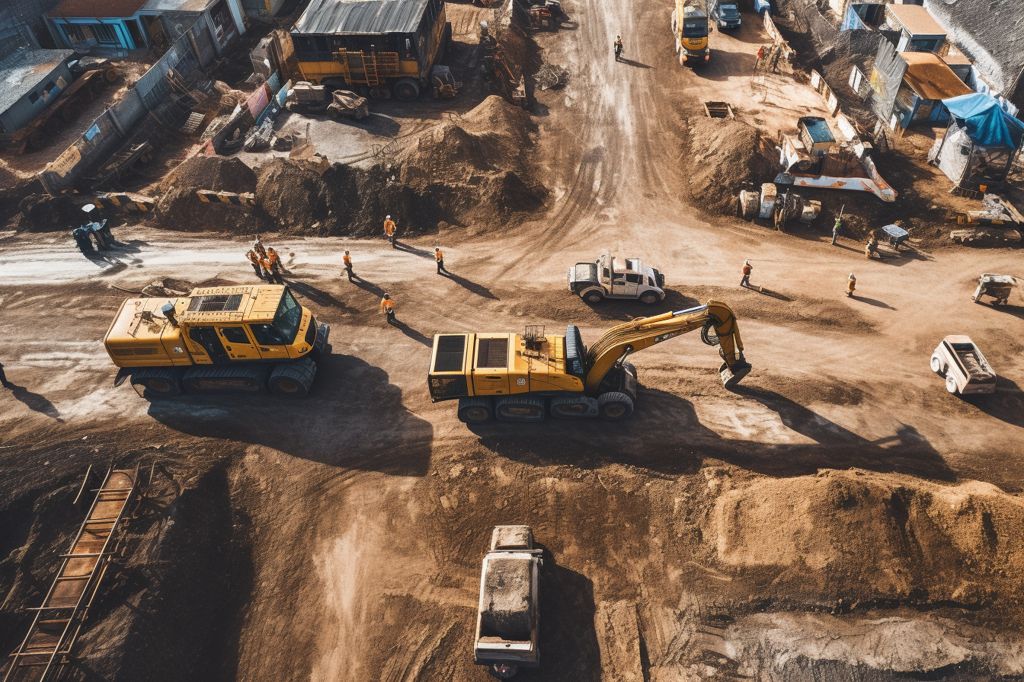The National Council of Provinces (NCOP) is set to embark on a week-long journey across South Africa to oversee infrastructure projects and evaluate their impact on the delivery of services to communities. From September 11 to 15, the Provincial Week programme will proceed under the theme “Building Viable Provincial and Municipal Infrastructure for Effective Delivery of Services to Communities.”
Assessing Progress in Constructing Sustainable Human Settlements
The 2023 Provincial Week aims to assess progress in constructing sustainable human settlements to enhance the quality of life for impoverished individuals. This unique opportunity allows NCOP Permanent Delegates to return to their respective provinces and evaluate the progress made in delivering services to citizens.
Examining Water and Sanitation Infrastructure
The Provincial Week programme also focuses on building practical water and sanitation infrastructure to ensure efficient service delivery to communities. Not only will delegates observe the infrastructure projects, but they will also contribute to addressing the challenges faced by communities. Teaming up with their provincial legislature counterparts, the NCOP delegates will spend the week examining various infrastructure projects, including bulk water supply plants, road upgrades, and water treatment plants.
Media and Public Access
The North West NCOP Provincial Week Programme will also be covered during this period. Journalists interested in covering the meetings are requested to forward their contact information to Mlindi Mpindi to receive updates. Members of the public are encouraged to get involved and follow committee sittings live on Parliament TV, available on the DSTV Channel 408. The meetings can also be streamed live on Parliament’s YouTube channel and Twitter page.
Ensuring Infrastructure for a Better Quality of Life
Throughout the Provincial Week programme, the delegates will work tirelessly to ensure that the necessary infrastructure is in place to enhance the quality of life for South African communities. Their observations and contributions during this week will play a crucial role in addressing existing challenges and shaping future infrastructure projects across the country.








